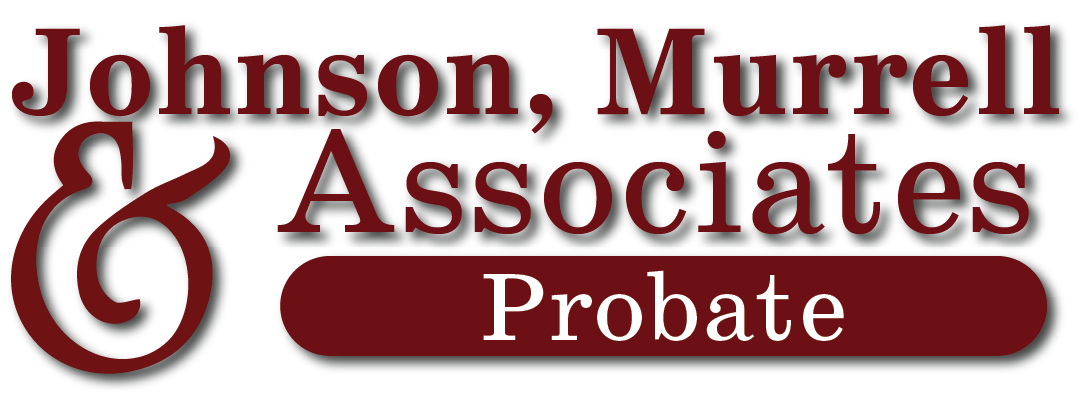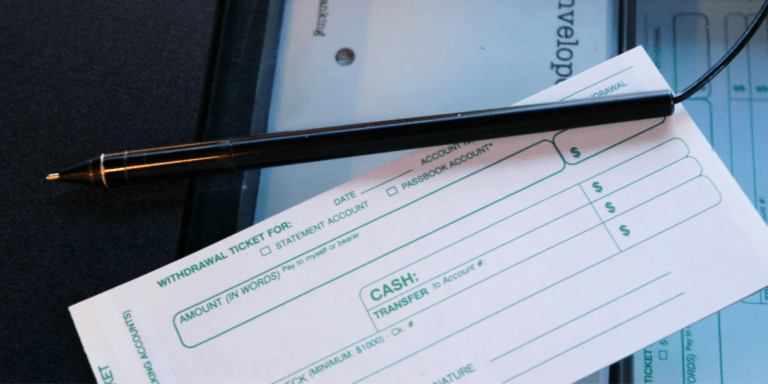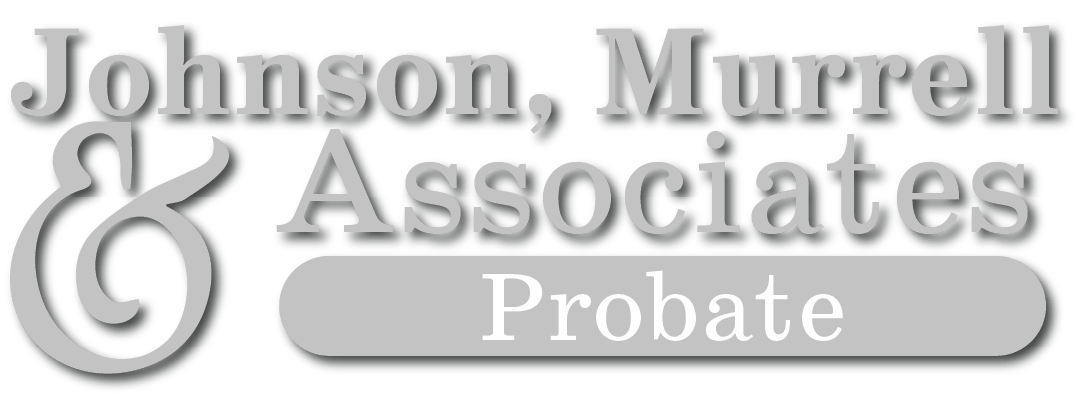Losing someone is never easy. Although they may have passed, bank accounts are still in their name, making it difficult for others to access their funds.
The easiest way to access someone’s bank account after their death having a joint bank account. Payable-on-death accounts make a great alternative. Accounts without beneficiaries involve probate, which can take months. You can avoid probate by designating beneficiaries, creating trusts, or consulting attorneys.
Two Methods for Withdrawing Money from a Bank Account After Death
Joint bank accounts
Withdrawing money from a bank account is fairly straightforward if the account is held jointly with rights of survivorship. In these cases, the surviving account owner will assume full ownership without having to go through the Tennessee probate process.
A common instance of this is a joint bank account shared by a married couple. In this case, the surviving spouse can access the funds seamlessly after the other’s passing. So for example, Mrs. Smith would still be able to access the joint bank account she shared with Mr. Smith, even if she didn’t make regular deposits.
Although accessing the account should be seamless, it’s still a good idea to update it. This ensures a smooth transition to future beneficiaries, whether it’s a spouse, children, or another party. In the event of a death, the surviving account holder may need to present a death certificate to the bank to facilitate the process.
Payable on death bank account
A payable on death (POD) bank account designates a beneficiary who automatically receives the account’s funds upon the account holder’s death. All they need to provide is a death certificate and a valid government-issued ID. Common for savings and investment accounts, the account owner specifies the beneficiary during their lifetime.
This arrangement:
- Bypasses probate
- Streamlines the transfer of assets
- Saves time for beneficiaries
Keep in mind that the estate settlement process may still involve creditors, potentially impacting the funds available to beneficiaries. For example, if Mr. Smith listed his son as the POD beneficiary, but Mr. Smith also had substantial debts, creditors might assert claims before the funds transfer to the son. This means creditors may access the account to satisfy debts, diminishing the amount available for inheritance.
To withdraw money from a POD account, beneficiaries must contact the bank, providing a death certificate and valid identification. This documentation confirms the account holder’s death and the beneficiary’s entitlement, facilitating a smooth transfer of assets.
Despite the simplicity of POD accounts, it’s essential to be aware of potential creditor claims during the estate settlement process. It ensures a comprehensive understanding of the financial landscape left by the deceased.
Creditor claims will be revealed in the probate process and they have a year to come forward. For this reason, it’s important to not spend all the money in the account right away. Instead, seek legal advice for specifics.
What if There Isn’t a Beneficiary on the Account?
Accessing the funds in the bank account becomes a complex process for the heirs when the account owner passes away without a designated beneficiary. The absence of a named beneficiary means that the financial institution cannot directly transfer the funds to a designated individual. Instead, the estate must go through the Tennessee probate process.
Probate is a legal procedure that involves validating and distributing the deceased person’s assets and settling their debts. In the case of a bank account without a designated beneficiary, the funds become part of the deceased person’s estate.
The probate court oversees the distribution of these assets according to the deceased person’s will. If there isn’t a valid will, state intestacy laws will be used to determine how an estate is distributed.
The Tennessee probate process typically involves:
- Identifying and valuing the assets
- Notifying creditors
- Resolving outstanding debts
- Distributing the remaining assets to the heirs
This legal procedure ensures a fair and orderly distribution of the deceased person’s estate. However, it also means that the heirs will not have immediate access to the funds.
In these cases, the executor can usually still access the funds shortly after probate is filed. That’s because the executor is often the person who will inherit the account (e.g. adult child whose parent passed).
It’s not hard to withdraw money in these situations, but that doesn’t mean you should. Debts need to be settled before distributing funds to heirs. Instead, wait until all debts and taxes are finalized before dipping into bank accounts.
However, situations become trickier when the person who will inherit the bank account is not the executor. For example, consider two siblings with the oldest being the executor but the younger inheriting half the assets. In this case, the younger sibling would have to be patient during the probate process before funds can be withdrawn, depending on several factors.
Best Practices for Account Owners
Account owners can take several steps to facilitate a smooth transfer of assets to beneficiaries, minimizing the need for probate. They can designate a POD beneficiary for their accounts, such as bank accounts or investment accounts. This allows the assets to transfer directly to the named beneficiary upon the account owner’s passing and skip probate.
Setting up a trust is another effective strategy. By placing assets into a trust, the account owner retains control during their lifetime. However, the trust document outlines how the assets should be distributed after death. This avoids probate, providing a faster and more private transfer of assets to beneficiaries.
If you currently hold power of attorney for a loved one, you may be able to add your name as a joint owner on their bank account before their passing. This situation depends on many factors, making it essential to seek professional legal advice before you proceed.
Consulting with an attorney ensures that the chosen strategies align with the specific circumstances and legal requirements. It promotes a seamless transition of assets to beneficiaries while minimizing the complexities associated with probate.
Work With Tennessee Probate Attorneys
Johnson, Murrell, & Associates excels in providing probate and financial legal services in Tennessee. We understand how challenging handling a loved one’s estate can be. Our dedicated Tennessee probate attorneys are ready to guide you through the intricacies of estate administration and probate, ensuring your loved one’s wishes are honored.
With decades of experience, our firm navigates the unique requirements in Tennessee. We can provide support in local probate matters and facilitate the resolution of affairs from out of state. You can trust Johnson, Murrell & Associates to expertly move your case forward and provide compassionate assistance during this difficult time.
Contact us today for attentive legal support.
Joint bank accounts and payable-on-death accounts are two of the best ways for beneficiaries to access funds after someone has passed away. Accounts lacking beneficiaries require probate To sidestep probate, account owners can designate beneficiaries, establish trusts, or seek legal advice for a streamlined asset transfer, minimizing legal complexities.
At Johnson, Murrell, & Associates, we understand that handling a loved one’s estate and bills after their passing is an emotional, stressful experience. Our job is to make your life easier, guiding you through the process so you understand what’s to come. To schedule a consultation, call us at 865-453-1091 or schedule an appointment.



